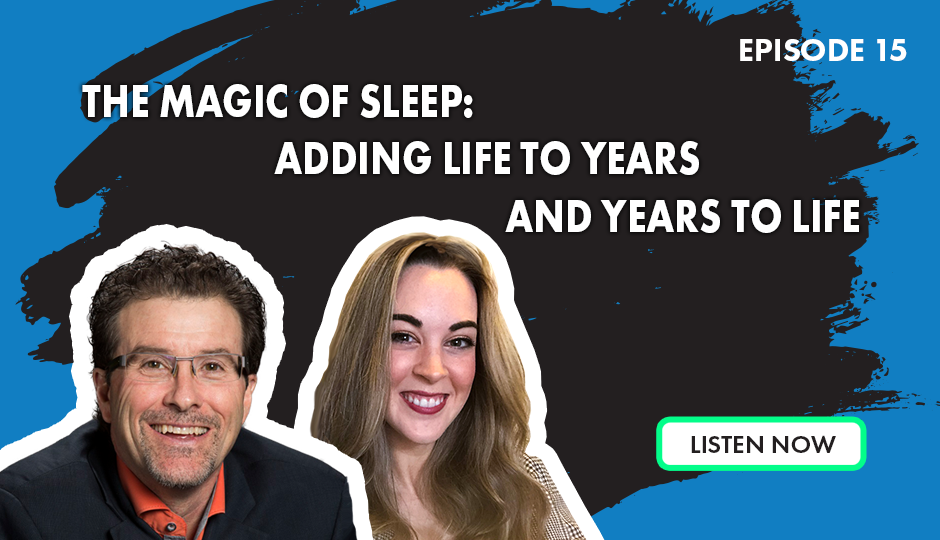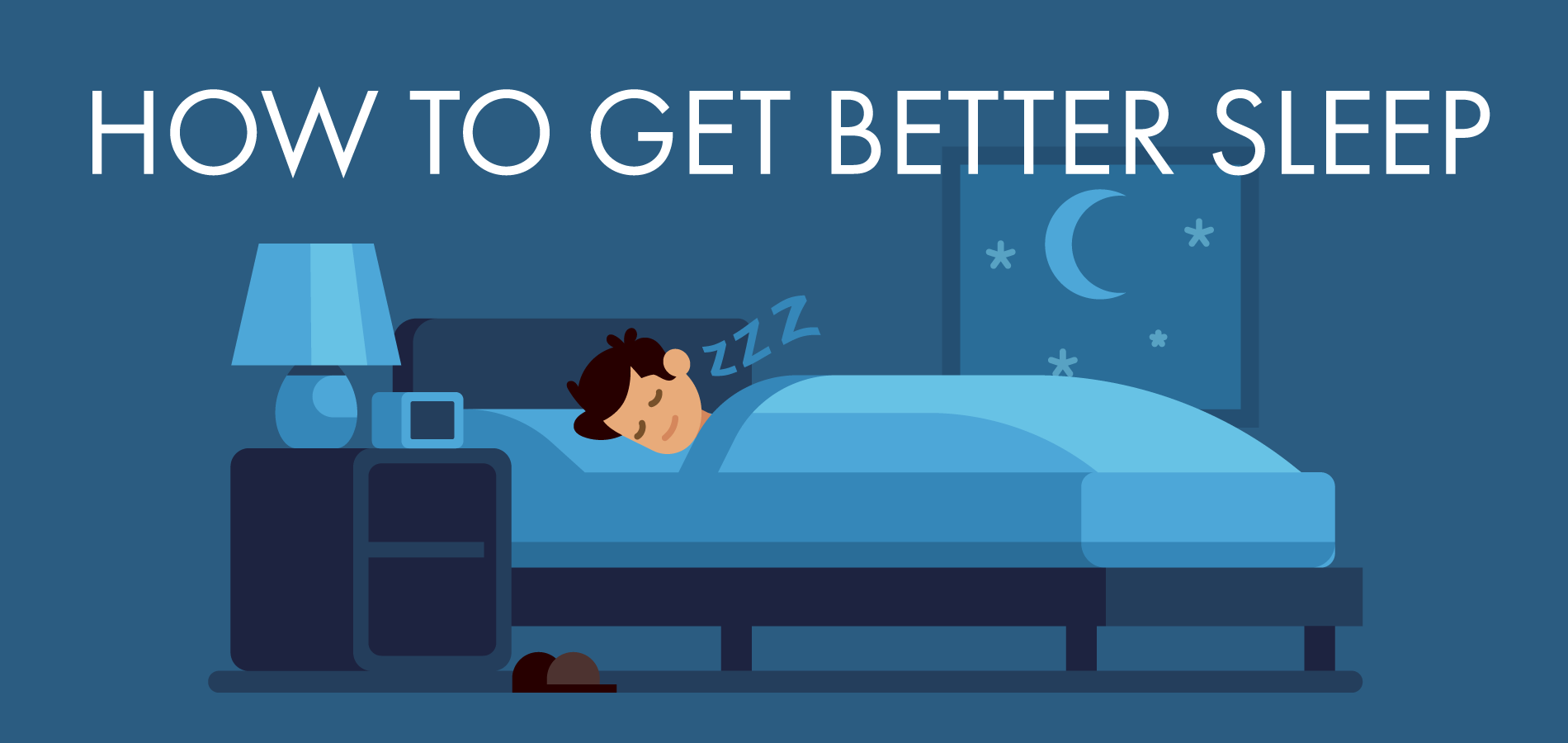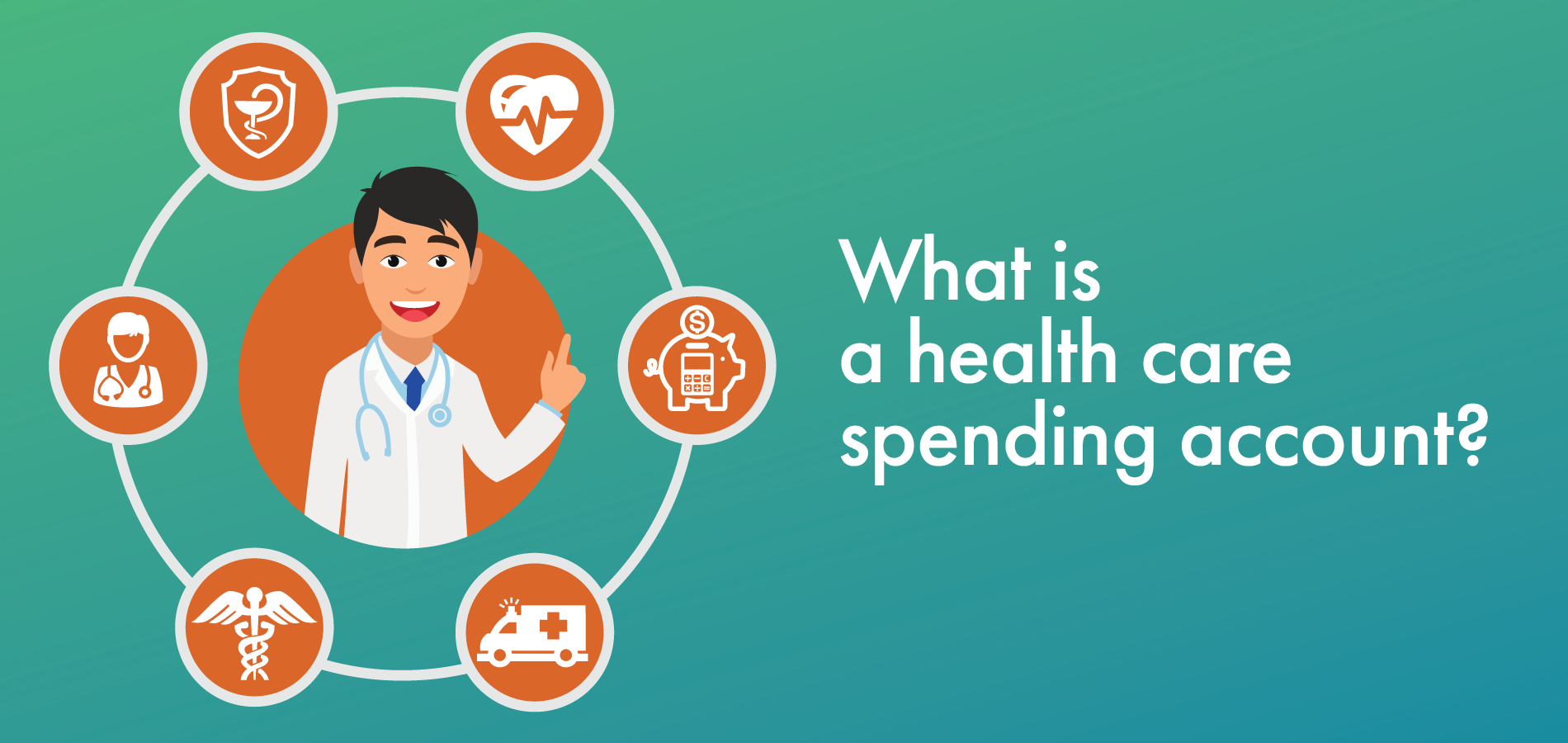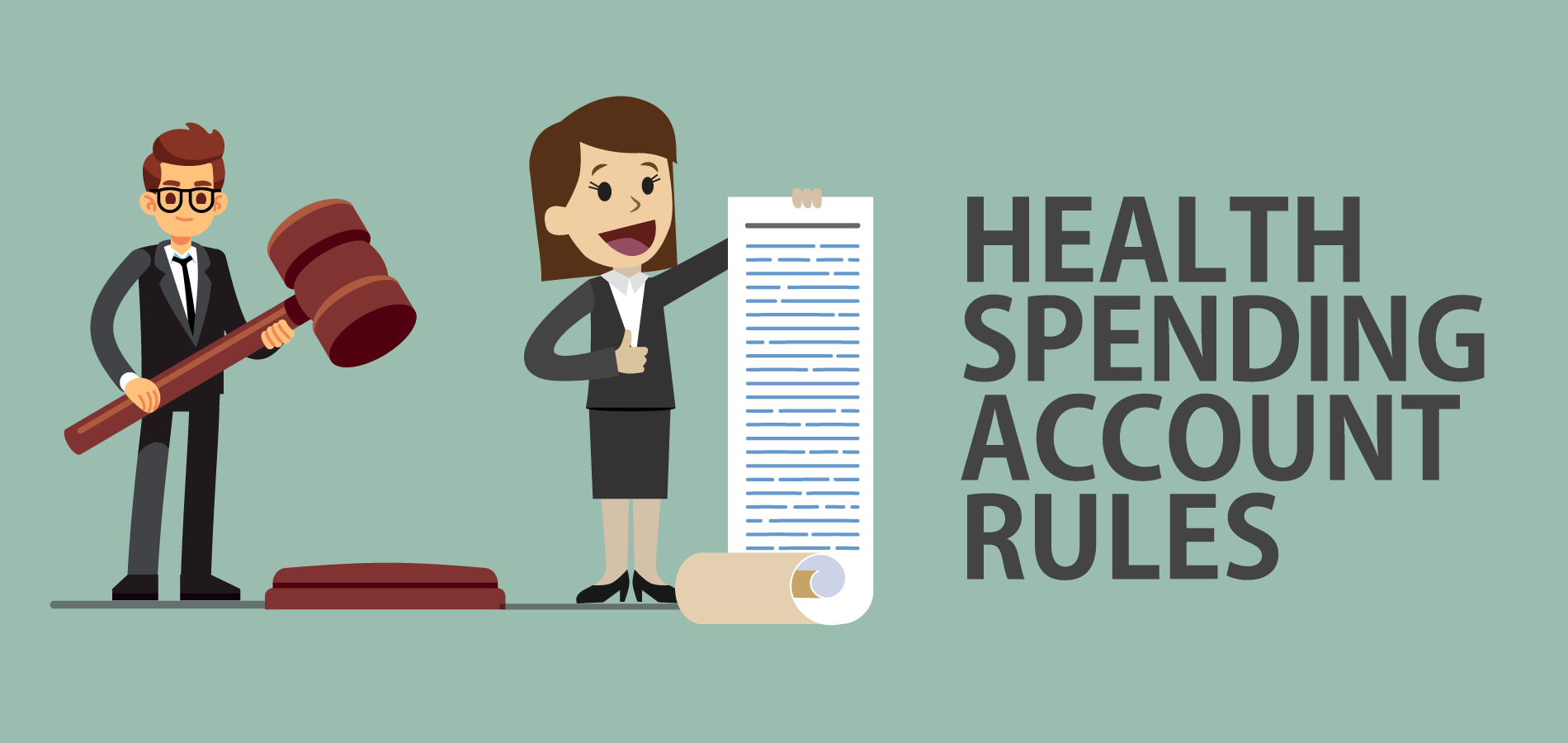Getting a good night's sleep starts with the behaviours we do when we first wake up. Throughout the day our behaviours will either enhance, or disrupt, our ability to get in a solid 7.5 hours or more. In this article, discover 15 ways to get a better night's sleep.
During our recent podcast interview with Rick Tiedemann, he outlined a few key behaviours that impact the amount and quality of our sleep. Watch the video below to hear Rick's suggestions, and read the article underneath to learn 15 ways to get a better night's sleep.
15 Ways to Get a Better Night's Sleep:
- Create a Solid Schedule: Our bodies function using a circadian rhythm which helps align us with sunrise and sunset. By changing our schedule drastically during the week or on the weekends, we can disrupt this rhythm. If you're having trouble sleeping, try keeping your wake and sleep times consistent every day of the week.
- Get Bright Light in the Morning: Getting light in the morning helps regulate your circadian rhythm. Some experts suggest getting 30-45 minutes of natural light every morning.
- Avoid Sleeping In: Your circadian rhythm operates on a set loop, working to align your sleep and wake cycle with sunset and sunrise. Some studies have shown that sleeping in on the weekend can alter this circadian rhythm and your melatonin levels, leading difficulty falling asleep and poorer quality of sleep.
- Limit or Eliminate Caffeine: Caffeine can stay in your blood at elevated levels for 6-8 hours. For most, that will mean drinking coffee after 3-4pm can cause trouble sleeping. If you are sensitive to caffeine, it may be better to eliminate it altogether.
- Limit or Eliminate Nicotine: Nicotine is a stimulant and therefore can mask how tired you're really feeling, leading you to staying up later and impacting the quality of your sleep. As well, nicotine can raise the risk of developing certain sleep conditions, like sleep apnea.
- Work In Natural Light (Where Possible): Working in natural light allows your body's circadian rhythm to align with sunrise and sunset. Artificial lighting, in particular blue light, can disrupt our body's ability to produce sleep aiding hormones like melatonin.
- Avoid Alcohol Before Bed: Alcohol functions as a sedative, and not a sleep aid. By using alcohol to help us sleep we disrupt our circadian rhythm and don't allow our bodies to go through the proper sleep cycles during the night. Alcohol has also been shown to alter nighttime melatonin production, and decrease the natural daytime elevations in human growth hormone, both of which play an important role in our circadian rhythm.
- Watch Liquid Intake: While you always want to stay hydrated, drinking too many liquids before bed can lead to trips to the bathroom throughout the night.
- Cut Back on Sugary Foods: A study found that diets high in sugar can reduce the quality of our sleep. One reason is that sleep gives us energy and makes it difficult to fall asleep. The other is that when we eat too much sugar we are more likely to eat later in the day because our blood sugar levels aren't stable. Eating close to bed-time can make it difficult to sleep, and make you crave more sugar the next day.
- Avoid Irregular Naps: Some studies have shown naps that are 30 minutes or less can increase daytime brain function, but longer naps can lead to poor sleep quality. However, studies have also shown that those who take naps daily at a regular time don't see the same harm to their sleep quality at night. While it depends on the individual, if you are naping because you aren't getting enough sleep, evaluate what you can change in your routine to try to get a minimum of 7.5 hours of uninterrupted sleep.
- Watch When You Eat: Eating too late at night has been shown to affect sleep quality and the release of human growth hormone and melatonin (both of which are linked to our circadian rhythm). Opt to eat your last meal 4 hours before bedtime.
- No Screens Before Bed: Blue light, the type of light emitted from our screens, boosts attention, reaction time, and mood. This can be helpful during the day, but when we are trying to wind down for the night blue light has been shown to be a major disruptor. In fact, researcher at the University of Toronto found that even when we wear blue-light blocking goggles our melatonin levels are still suppressed by blue light. Try to turn screens off at least one hour before bed, or earlier if you are still having trouble sleeping.
- Keep Your Bedroom Dark at Night: Dimming lights and keeping your bedroom dark while you sleep can help aid melatonin production and keep you on a consistent rhythm.
- Have a Bed-Time Routine: Having a calming routine before bed can help you relax and slow down from a busy day. Things like taking a warm bath 90 minutes before bed have been shown to improve sleep quality. Reading a book is a good alternative to the blue light emitted from screens. Doing this routine daily can help you make the mental note that it is time to wind down and prepare to sleep.
- Keep It Cool: Body and bedroom temperature has been show to affect sleep quality. 20°C seems to be the most comfortable temperature for people to sleep, however this will vary slightly person to person.
Learn more by listening to our podcast episode:







